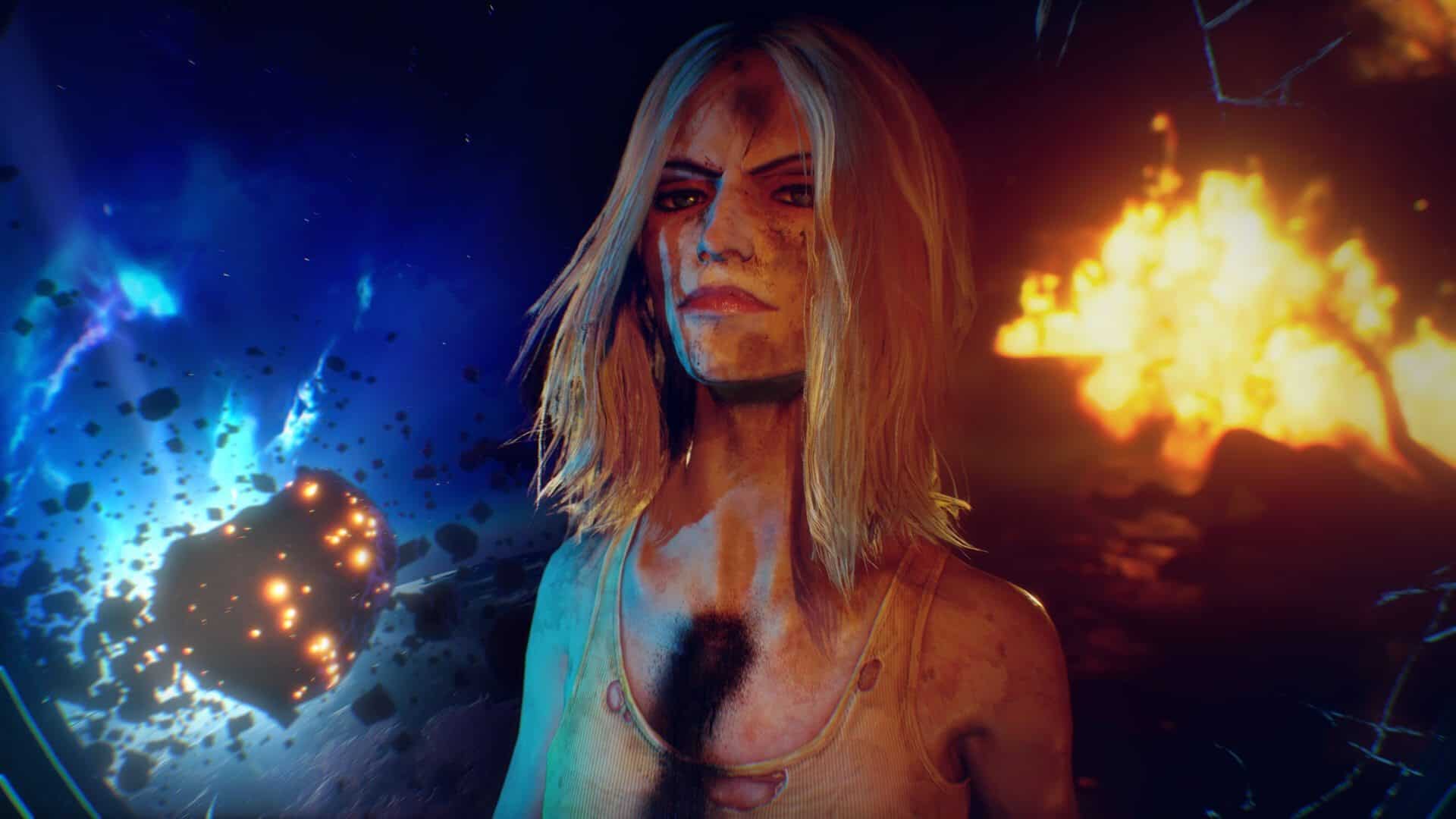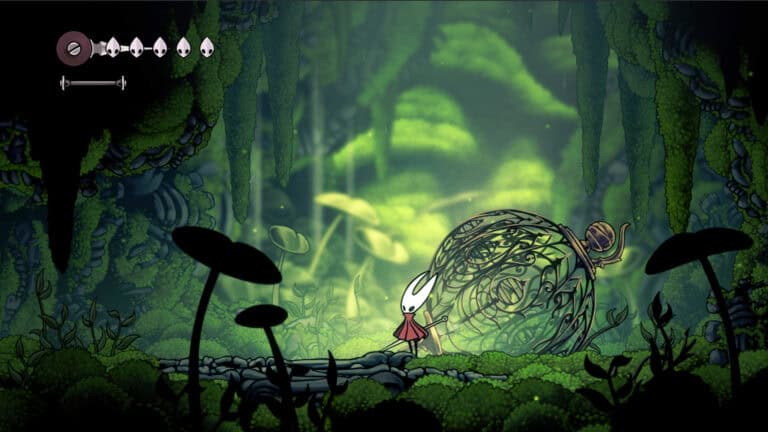
The fate of Judas, the long-anticipated narrative-driven first-person shooter from Ghost Story Games, continues to hang in the balance as May 2025 arrives with no confirmed release date. Initially pegged for a launch by March 2025, according to Take-Two Interactive CEO Strauss Zelnick, the game has quietly missed its projected window. No official statements have been made about a delay, leaving fans and industry observers in a state of limbo.
Development Hurdles and Studio Challenges
Behind the scenes, signs point to a turbulent development cycle. Ghost Story Games—helmed by BioShock visionary Ken Levine—has faced reported internal issues ranging from leadership friction to staff departures. These struggles are not new; past investigative reports have detailed Levine’s perfectionism as both a creative force and a challenge for production timelines.
In late April 2025, new job postings from Ken Levine surfaced, confirming that the studio is still actively hiring. While this may signal continued development momentum, it also suggests that Judas may be further from completion than originally thought.
What We Know About Judas
Despite the mystery surrounding its release, Judas remains listed as “Coming Soon” on its official storefronts, including Steam, the Epic Games Store, PlayStation 5, and Xbox Series X|S. Its initial reveal during The Game Awards 2022 captivated audiences with a gripping trailer that hinted at a blend of philosophical storytelling and action gameplay reminiscent of BioShock—but set in a dystopian future aboard a collapsing starship.
Players will step into the shoes of Judas, a troubled figure navigating a fractured society aboard the Mayflower, a massive generation ship en route to Proxima Centauri. The core premise centers on repairing or dismantling the ship’s social order by choosing to ally with—or sabotage—three powerful factions.
What sets Judas apart is its use of the “Narrative LEGO” system, a dynamic storytelling tool designed by Levine. This system allows player choices to deeply affect narrative outcomes and gameplay direction, promoting emergent storytelling rather than linear progression. Each playthrough promises to offer unique narrative branches based on moral decisions, alliances, betrayals, and power plays.
Style, Themes, and Inspirations
Judas promises a visually rich sci-fi setting and a mature thematic focus on guilt, control, and systemic collapse. The game draws inspiration not only from Levine’s past work but also from systemic world-building seen in immersive sims like Prey, System Shock, and Deus Ex. The result aims to be a hybrid of cinematic storytelling and replayable sandbox experimentation.
Still in the Shadows
With no confirmed release window and vague development timelines, Judas occupies a strange space in the gaming world: both one of the most anticipated new IPs and one shrouded in uncertainty. The ambition behind the project is unquestioned, but questions persist about whether Ghost Story Games can deliver a polished, cohesive experience amid ongoing production hurdles.
Fans remain hopeful, clinging to the promise of a game that could redefine narrative agency in shooters. Until official word arrives, Judas stands as one of the industry’s most intriguing question marks.
Key Takeaways
- Judas is a sci-fi first-person shooter with narrative-driven gameplay
- Players navigate a disintegrating starship, making alliances and shaping outcomes
- The game is developed by BioShock creator Ken Levine’s studio, Ghost Story Games
Origins of Judas
Judas, the upcoming game from Ghost Story Games, has its roots in the creative vision of Ken Levine and the studio’s innovative approach to narrative design. The project’s development journey spans several years, marked by ambitious goals and technological advancements.
Inception and Development
Judas began taking shape in 2014 when Ken Levine introduced the concept of “narrative Legos” at the Game Developers Conference. This idea aimed to create dynamic story elements that could be rearranged to produce unique narrative experiences. Ghost Story Games, formed after the closure of Irrational Games, took on the challenge of bringing this concept to life.
The game’s development has been a long process, with some referring to it as being in “development hell.” Despite the extended timeline, the team has remained committed to pushing the boundaries of interactive storytelling. Judas represents the culmination of years of work and experimentation with new narrative techniques.
The Creative Mind of Ken Levine
Ken Levine, known for his work on System Shock 2 and the BioShock series, brings his expertise in immersive storytelling to Judas. His approach to game design often involves exploring complex themes and creating richly detailed worlds.
Levine’s vision for Judas builds on his previous successes while aiming to revolutionize player agency in narrative-driven games. The “narrative Lego” system promises to offer players unprecedented control over the story’s direction. This ambitious project marks Levine’s return to game development after a hiatus following BioShock Infinite’s release in 2013.
Gameplay Mechanics
Judas promises innovative gameplay mechanics blending first-person shooter action with narrative-driven elements. The game incorporates unique combat systems and storytelling techniques to create an immersive single-player experience.
First-Person Shooter Elements
Judas utilizes a first-person perspective for its core gameplay. Players navigate through detailed environments using traditional FPS controls. The game features a variety of weapons and abilities for combat and exploration.
Hacking plays a crucial role in gameplay. Players can manipulate electronic devices and systems to gain advantages or solve puzzles. This mechanic adds depth to both combat and exploration scenarios.
The game world is highly interactive. Players can pick up and use various objects in the environment, adding tactical options during encounters and puzzle-solving.
Enemies and Combat
Judas presents players with diverse enemy types, each requiring different strategies to defeat. Combat encounters are designed to be intense and challenging, encouraging creative use of weapons and abilities.
The AI of enemies adapts to player actions, creating dynamic combat scenarios. This adaptability keeps encounters fresh and unpredictable throughout the game.
Environmental hazards can be used to the player’s advantage during fights. Manipulating these elements adds an extra layer of strategy to combat encounters.
Narrative Legos in Design
Ken Levine’s concept of “narrative Legos” forms a key part of Judas’ design. This system allows for more player-driven storytelling within the game’s framework.
Player choices significantly impact the narrative and gameplay. These decisions can alter character relationships, story outcomes, and even gameplay mechanics.
The game world reacts to player actions, creating a sense of consequence and personalized storytelling. This reactive environment enhances immersion and replay value.
Technological Innovations
Judas leverages cutting-edge technology to deliver an immersive gaming experience. The game showcases advancements in graphics, gameplay mechanics, and platform compatibility.
Unreal Engine Utilization
Judas runs on Unreal Engine 5, Epic Games’ latest game development platform. This engine enables photorealistic graphics and dynamic lighting effects. The game features high-fidelity character models and intricate environmental details.
Unreal Engine 5’s Nanite technology allows for incredibly detailed assets without performance loss. Lumen, the engine’s real-time global illumination system, creates realistic lighting and reflections.
Ghost Story Games utilizes these tools to craft a visually stunning world. The game’s art style blends futuristic elements with a touch of retro-futurism.
Compatibility with Next-Gen Consoles
Judas is designed to take full advantage of next-generation hardware. The game will release on PlayStation 5, Xbox Series X/S, and Windows PCs.
On consoles, players can expect 4K resolution and 60 frames per second gameplay. The game utilizes the fast SSD storage of new consoles for quick loading times and seamless world transitions.
Ray tracing technology enhances lighting, shadows, and reflections. The game supports haptic feedback on the PlayStation 5’s DualSense controller, adding a new layer of immersion.
PC players with high-end hardware can push visual fidelity even further. The game will be available on Steam and other digital storefronts.
Cultural and Storytelling Impact
Judas, the upcoming game from Ghost Story Games, promises to push boundaries in narrative design and cultural commentary. Its approach to storytelling and thematic elements could significantly influence the gaming industry.
Narrative and Themes
Judas explores complex themes of hope and betrayal through its protagonist. The game’s narrative structure draws inspiration from BioShock Infinite, incorporating elements of choice and consequence. Players will likely face moral dilemmas that shape the story’s progression.
The game’s setting provides a canvas for social commentary. It may tackle issues like power dynamics and personal freedom, similar to BioShock’s exploration of political ideologies. Ghost Story Games aims to create a thought-provoking experience that resonates with players long after they finish the game.
Influence on Future Gaming Titles
Judas could set new standards for interactive storytelling in video games. Its narrative system may build upon the foundations laid by games like Middle-Earth: Shadow of Mordor and its Nemesis System. This could inspire other developers to create more dynamic and responsive game worlds.
The game’s approach to player agency might influence how future titles handle choice and consequence. If successful, Judas could spark a trend of more nuanced storytelling in action games. It may also encourage developers to take bolder stances on social and political issues within their narratives.
Frequently Asked Questions
Gamers anticipate the release of Judas, the upcoming narrative-driven FPS from Ghost Story Games. Key details about its launch, platforms, and features are of great interest to fans.
When is the release date for Judas?
Judas is set to release by March 2025. Ghost Story Games has confirmed this timeframe for the game’s launch. The exact date within this period remains unannounced.
Which platforms will Judas be available on?
Judas will be available on multiple platforms. These include Xbox Series X|S, PlayStation 5, and PC via Steam and Epic Games Store. The game is being developed for next-generation consoles and high-end PCs.
Has a trailer for Judas been released and where can it be viewed?
Yes, a teaser trailer for Judas has been released. It can be viewed on the official Ghost Story Games website and various gaming platforms. The trailer offers a glimpse into the game’s atmospheric and visually striking world.
Will Judas incorporate gameplay mechanics similar to BioShock?
Judas is expected to feature gameplay mechanics that may be familiar to BioShock fans. While specific details are limited, the game is described as a narrative-driven first-person shooter set in a space-based environment.
Who is the voice actress for the protagonist in Judas?
The voice actress for the protagonist in Judas has not been officially announced. Ghost Story Games has yet to reveal details about the voice cast for the game.
What are the latest updates concerning Judas?
Recent updates on Judas have been sparse. Ghost Story Games maintains that the project is in deep development. The company occasionally shares brief teasers or statements to keep fans engaged, but detailed information remains limited.






